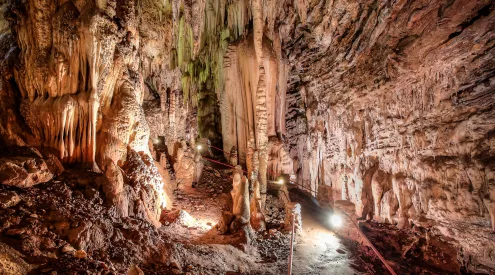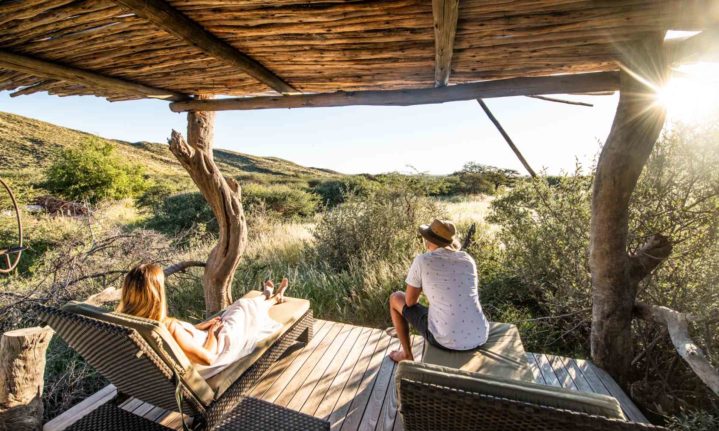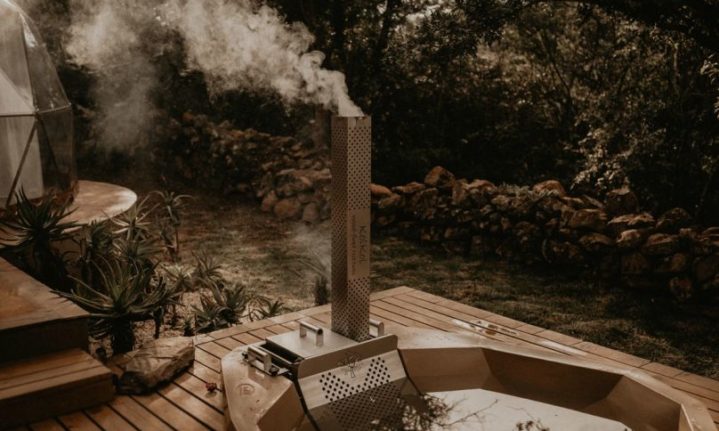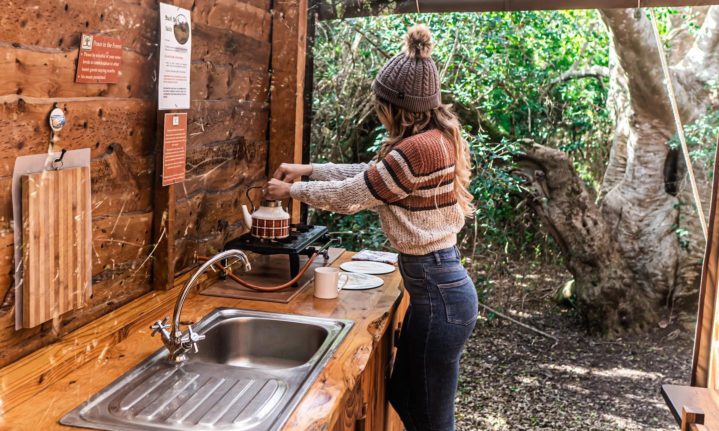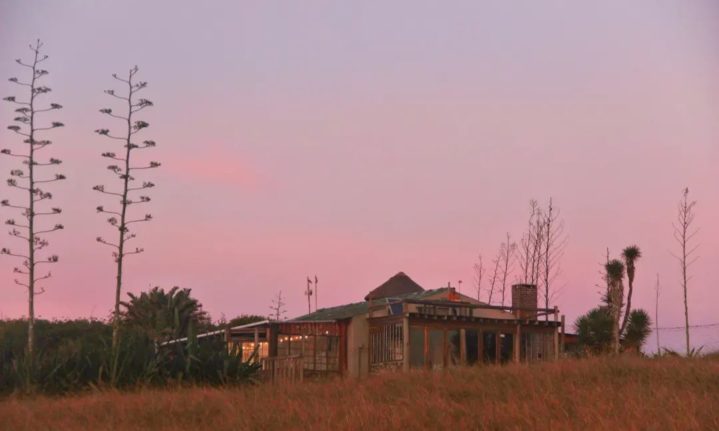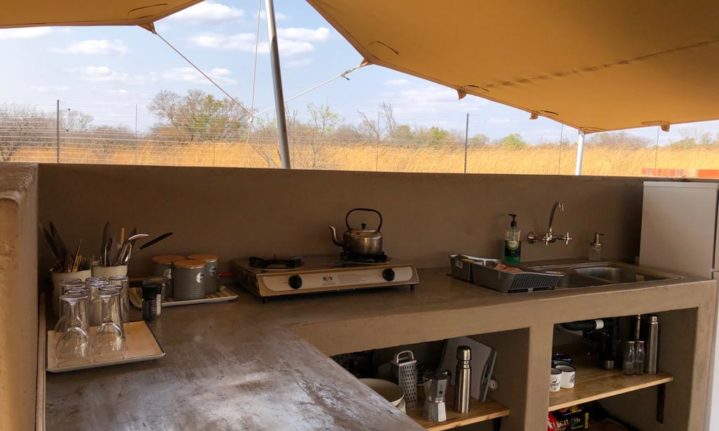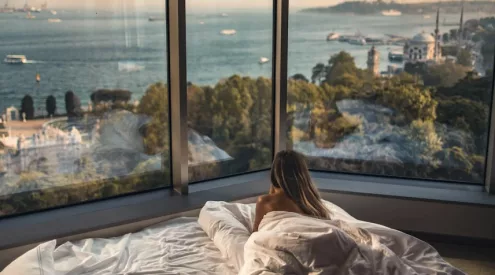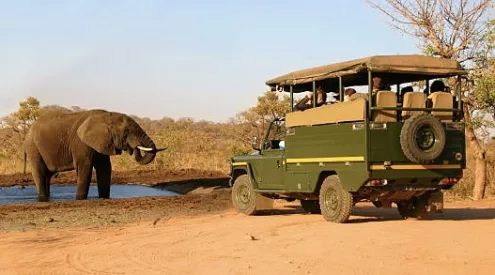As responsible travellers, we are increasingly mindful of how we impact the environment and choose options that support conservation efforts in the places we visit.
Nature camps and safari lodges are prime examples of eco-friendly accommodations that play a crucial role in preserving Africa’s natural habitats and wildlife. Many of these establishments use temporary structures that can be dismantled and relocated to allow for habitat restoration. Even when permanent structures are used, they are often powered by solar energy to minimise their environmental footprint.
In addition to their environmental efforts, these lodges also prioritise social responsibility by supporting local businesses and investing in education and healthcare initiatives that benefit surrounding communities. By promoting conservation awareness, they play an crucial role in creating a sustainable and equitable future for all.
South Africa boasts incredible biodiversity, and we’ve selected some of our favourite lodges that embody the principles of luxury travel and eco-tourism.
ALSO READ: 12 sensational Western Cape campsites
1. Mdumbi Backpackers







